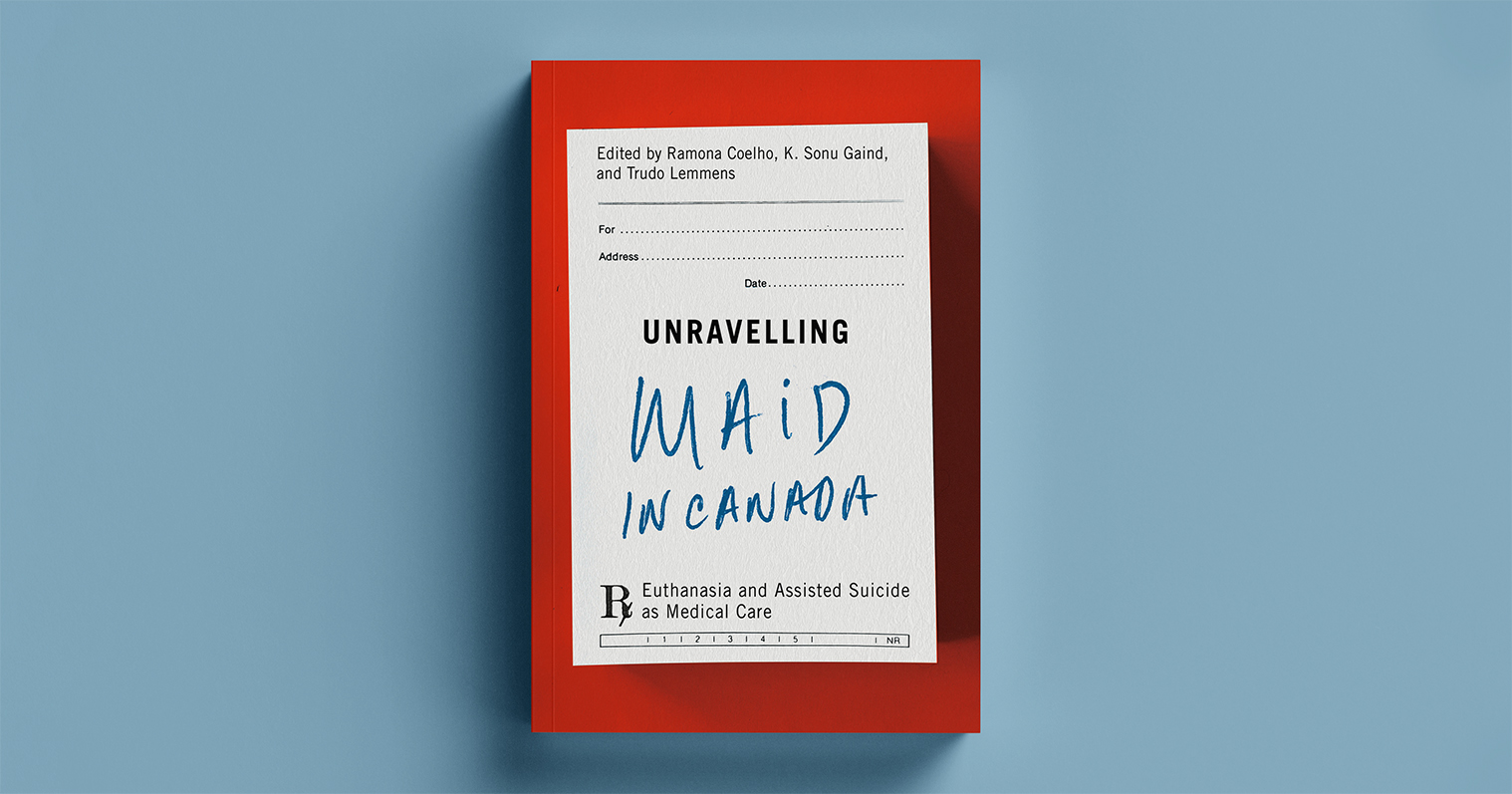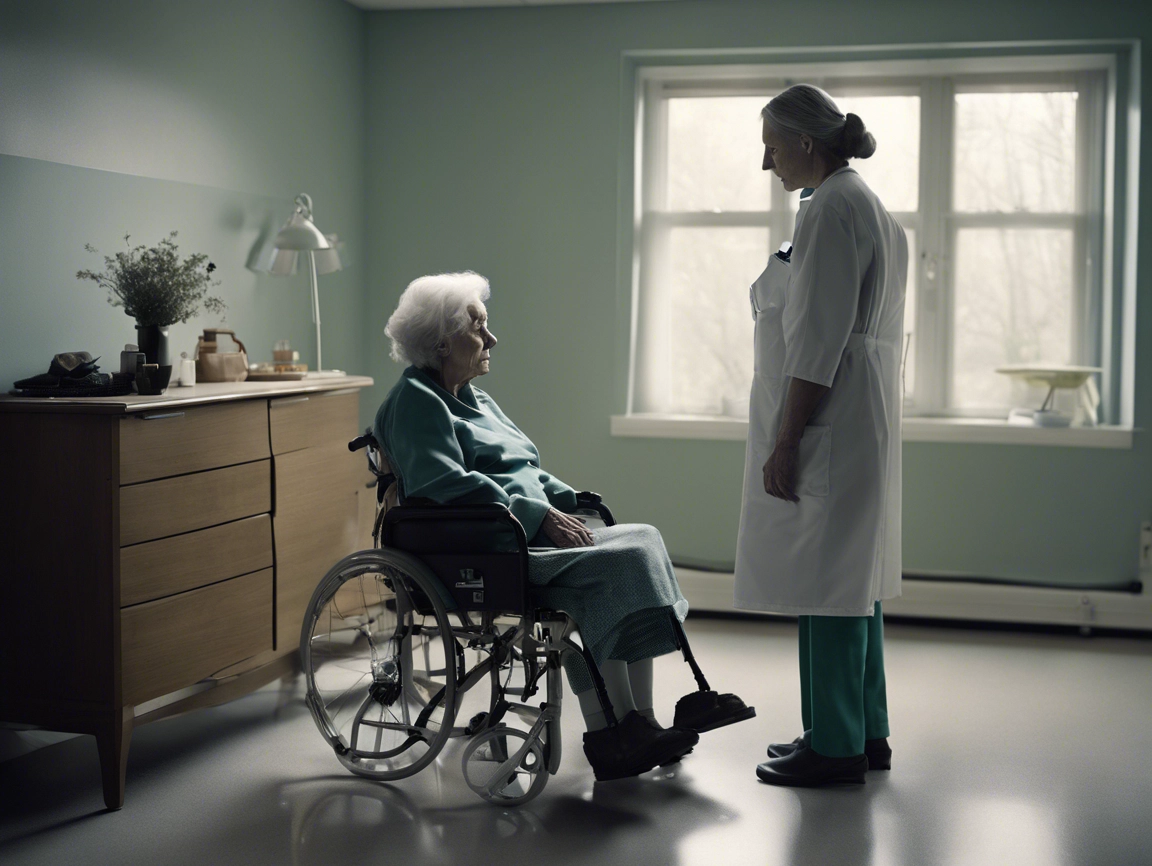On Wednesday, January 31, 2018, the Ontario Divisional Court released its decision in the lawsuit led by a coalition of doctors against the College of Physicians and Surgeons of Ontario (CPSO), regarding the requirement that doctors who have ethical objections to certain acts (including euthanasia) must refer their patients to other health care providers who will carry out those acts.
The Court found that the religious freedom rights of Ontario doctors are significantly violated by the CPSO’s policies, but that those violations can be justified to ensure patient access to healthcare. Ontario thus becomes the only jurisdiction in the world (beyond even Belgium and the Netherlands) with such a coercive requirement.
It is with the deepest regret and misgiving that Physicians’ Alliance against Euthanasia takes act of this astonishing judgment. But this fight is not over.
For years we have been arguing against euthanasia: first against its legalization, then against its abusive and ubiquitous implantation throughout our healthcare system. Yet much of our argumentation consisted of warnings of what was to come. Those speculative warnings could, for a time, be reasonably suspended in the minds of most, in favour of the more pressing concerns of daily medical practice. However, thanks to this court validation of CPSO’s extreme requirement regarding “medical assistance in dying”, that time has passed. We have been thrust into a radically new situation where the professional lives and contributions of many individual doctors are directly impacted. A new urgency has arisen in the need to re-establish moderate and responsible leadership of our representative organizations – such as the CPSO – because the democratic replacement of radical and unreasonable officials appears, now, to be our only path toward sensible and realistic policy.
Among our adversaries, there has always been a tendency to belittle and dismiss the substantial group of doctors who cannot in good conscience comply with MAID. But the fact that this dissenting group could not stop the legalisation of euthanasia does not mean that their number is insignificant, or that their importance can be ignored.
There are many, many, more pressing medical tasks to be performed than euthanasia, and already not enough bodies, at last count, to perform them. Regardless of personal opinion, it should be evident to any reasonable reader that all of us are needed to effectively serve the population. And yet we also know that a great many of us, both currently practising physicians and those who we hope will one day replace us, will be fatally repelled by these extreme policies. Many good doctors will feel unable to serve under the proposed conditions.
This danger is real. And it concerns us all: If anyone thinks the practice of medicine in Canada is difficult now, imagine what it will be like if ideological zealots are allowed to drive out that part of our precious human capital, present and potential, which cannot, in good conscience, collaborate with euthanasia.
That said, let us take a closer look at the real and present dangers which lurk beneath the extraordinary requirement promulgated by the CPSO and upheld by the Superior Court of Ontario:
It is stated that a referral must be made to an “available and accessible” physician, other health professional or agency. But no guarantee is made that such an entity will exist, when and where it is “needed”. In fact, in even moderately remote locations, such services will often not exist, and objecting doctors will not be able to comply, whether they wish to or not. Moreover, the immediate (and likely long term) impossibility of guaranteeing such accessibility is explicitly admitted in the judgement as follows:
“The Government of Ontario has created a Care Coordination Service … The CCS is, however, in its infancy and does not yet constitute a viable agency. In any event (editor’s italics), several of the Individual Applicants testified that referral … to this service would also contravene their … beliefs.”
It would appear, then, that in the official judgment of a Canadian court, it doesn’t matter if objective conditions for compliance exist or not: compliance remains mandatory. What an amazing and public lapse of logical thought! And what provision is made for the majority, 77% or thereabouts, who, whether they have a specific religious or moral objection to euthanasia or not, are unwilling to perform it themselves? What happens when such doctors cannot find a viable agency to which a referral can be made?
Here is the relevant text:
“Physicians must provide care in an emergency, where it is necessary to prevent imminent harm, even where that care conflicts with their conscience or religious belief.”
And there we have it: Euthanasia is defined as medical care. In an emergency, care must be provided, conscience or no. The duty of referral is a mere accessory. The doctor has a duty to kill. If it is possible to find an effective referral that duty is satisfied. But in the incapacity to find such a referral, every Ontario doctor is now expected to perform the euthanasia himself.
But, (the more trusting reader might object) how could euthanasia ever be an “emergency”? How could it ever be necessary to kill somebody in order to prevent “imminent harm”? Unfortunately, this is the same sort of question — pronounced with the same incredulous disbelief — which we all asked ourselves, five or ten years ago, about how euthanasia could ever be called “care” or “treatment”. This is not imaginary. This is real. Without the slightest doubt, doctors in remote locations will be accused of failing in their duty because they refused, in an emergency, to prevent the “indignity” (harm) forced upon a patient obliged to live a few hours longer under adequate sedation. All of the judicial and legislative pieces have been meticulously aligned on the board. The strategy is no longer in doubt. Prevarication and dissimulation are no longer possible.
Tragically, in the rush to achieve this ideological victory, no serious consideration has been given to the horrendous effects on general health care delivery which will inevitably result. Lessons will be learned. Behaviours will be modified to minimize conflict. Rural practice, in particular, will suffer. Medical service in these areas is already chronically underprovided, despite important incentives offered to willing professionals. What then will be the effect, in the mind of the potential rural practitioner, of adding one more box to be checked off in the “disadvantages” column of his decision sheet: the obligation, in a pinch, to kill the patient he has laboured to save?
This is not a trivial concern. 80% of Canada’s population lives in the narrow band of cities to the South. But 20% does not. It has been argued recently that merely transferring a patient from one hospital to another (in order to perform euthanasia) is too great a burden. What then will be said about transfers over hundreds of kilometres? And given the cost analysis of flying specialized “death doctors” in and out of remote areas, versus imposing euthanasia practice as a condition of hiring, who can doubt that our administrators will choose the latter course? And what will that do to service provision in those locations?
In short, such a policy makes no allowance for the reality of medical practice in Canada, nor for the character and beliefs of those who provide it, nor for the unmet needs of the population who depend upon them. The cultural bias of the elite urban coffee shop is projected, with distressingly naïve and arrogant confidence, beyond all limits and all reason.
At the root of the original “objection of conscience”, as stated in the Carter decision for example, lies the implicit admission that objection is a legitimate option; that reasonable people disagree on the acceptability of euthanasia; and that opinion is divided in a numerically significant manner. In other words, the very inclusion of objection, in the terms of existing law, clearly betrays one simple political fact: that the legalization of euthanasia would never have been possible in our current society without the right to object!
And yet, as outlined above, our ideological adversaries insist on attempting to render that right void in practice…
Luckily, those assemblies which license and represent Canadian doctors — the Canadian Medical Association, its provincial counterparts, and the CPSO itself — are democratically structured organizations. In normal times, very little attention is paid to such considerations. Most physicians are not politicians. Most physicians have practical duties that fully engage their time and energy. However, exceptional circumstances demand exceptional resolve. It is time, and perhaps well past time, to bring our representative organizations to espouse a more reasonable view; to make our political colleagues understand the seriousness of the partisan overreach already evident; and in the absence of a willingness to understand, to replace them with others who have a more moderate and inclusive vision of medical practice in Canada.
Make euthanasia unimaginable.


